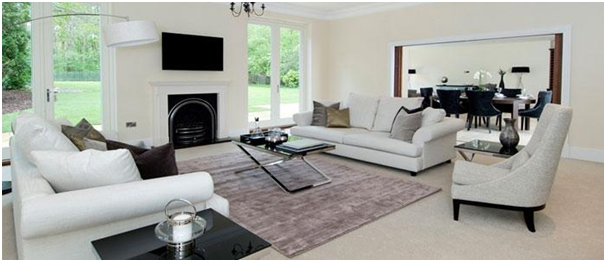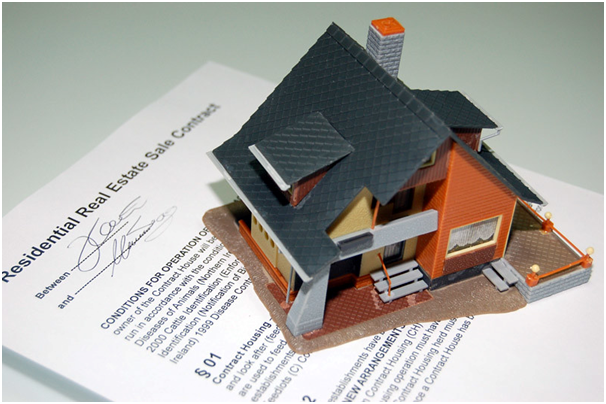According to numerous studies and reports, Millennials are saving longer than their parents did to buy their first home. And while this news may make us pause for thought, these reports have more to tell us besides.
Not like it used to be
According to studies read by Sales and Lettings professionals, around a third of people today delay buying their first home due to deposit issues. It seems young people want to save more to put a bigger deposit down, and they have a need for new items like furniture or technology. One thing they may forget about is keeping warm so some of their money should go towards a new heater with options like a Stoves Northern Ireland company at sites including stovebay.com/stoves#.xlct9-hkhpy. Twenty years ago, this number was only 5 percent. Some say this is because the housing market has changed. In the early 1990s, the average UK home cost just £117,000 in today’s money, while the average home today costs almost double that.
Yet, despite this information, young buyers have other issues standing in their way, namely their expectations and lack of information. Their parents had the luxury of having cheaper houses to buy. Many of these houses were new-builds and in abundance, but were on smaller plots, with smaller gardens and many had no driveway. However, the pull of the new was attractive to them and the same can’t be said of new builds to millennials.
Features such as a garden and driveway are the ones millennials consider essential today. With new-build plots getting smaller and smaller, they are becoming less and less attractive to young people.
Many talks about their expectations to have as good a house as their parents had – especially if they have been better educated and have better professions than their parents did. Finding desirable properties are becoming more and more elusive.

A skewed market
Naturally, if your parents bought a home, you may still have your childhood bedroom and be able to remain at home while saving for a deposit. But many argue this is not the answer – most parents don’t want their adult children at home and it is creating a generation of kidults. What’s more, it means those without a parental property in an urban area will be losing out.
It’s all pointing to a need to change millennial expectations while providing more homeownership opportunities in general. And we wait with bated breath to see how this can be achieved.
What are First-time buyers saving longer for?
According to numerous studies and reports, Millennials are saving longer than their parents did to buy their first home. And while this news may make us pause for thought, these reports have more to tell us besides.

Not like it used to be
According to studies read by Sales and Lettings professionals, around a third of people today delay buying their first home due to deposit issues. It seems young people want to save more to put a bigger deposit down, and they have a need for new items like furniture or technology. One thing they may forget about is keeping warm so some of their money should go towards a new heater with options like a Stoves Northern Ireland company at sites including stovebay.com/stoves#.xlct9-hkhpy. Twenty years ago, this number was only 5 percent. Some say this is because the housing market has changed. In the early 1990s, the average UK home cost just £117,000 in today’s money, while the average home today costs almost double that.
Yet, despite this information, young buyers have other issues standing in their way, namely their expectations and lack of information. Their parents had the luxury of having cheaper houses to buy. Many of these houses were new-builds and in abundance, but were on smaller plots, with smaller gardens and many had no driveway. However, the pull of the new was attractive to them and the same can’t be said of new builds to millennials.
Features such as a garden and driveway are the ones millennials consider essential today. With new-build plots getting smaller and smaller, they are becoming less and less attractive to young people.
Many talks about their expectations to have as good a house as their parents had – especially if they have been better educated and have better professions than their parents did. Finding desirable properties are becoming more and more elusive.
A skewed market
Naturally, if your parents bought a home, you may still have your childhood bedroom and be able to remain at home while saving for a deposit. But many argue this is not the answer – most parents don’t want their adult children at home and it is creating a generation of kidults. What’s more, it means those without a parental property in an urban area will be losing out.
It’s all pointing to a need to change millennial expectations while providing more homeownership opportunities in general. And we wait with bated breath to see how this can be achieved.

